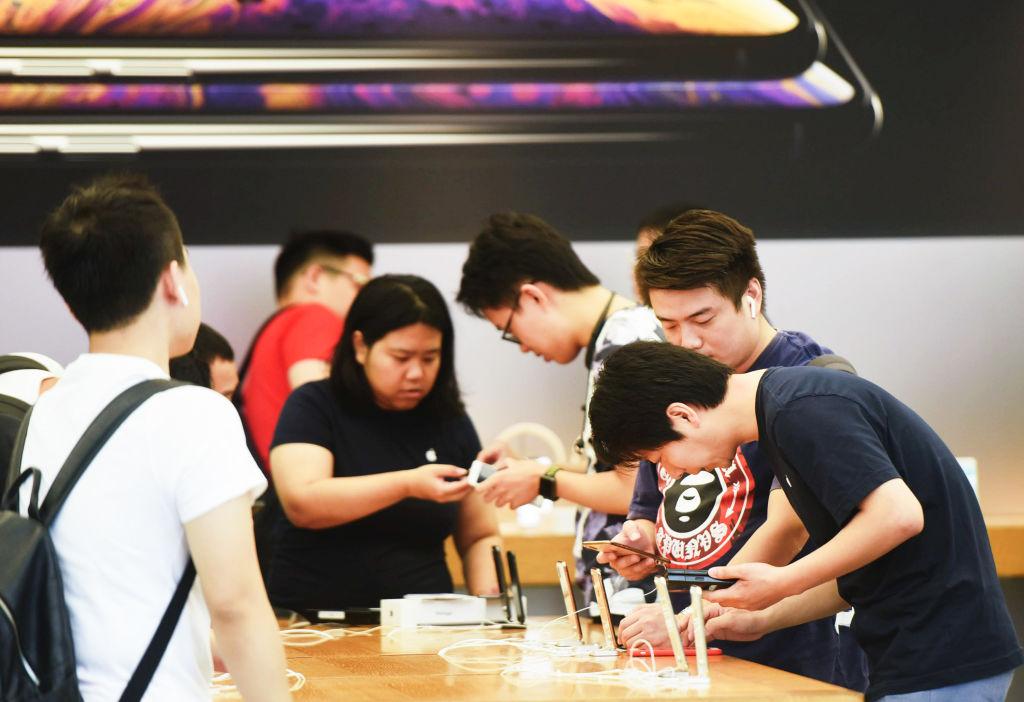While China is one of the most important markets for U.S. tech giant Apple, the country has long been home to criminal rings that make and sell fake iPhones.
According to an Oct. 9 report by San Francisco-based digital media The Information, organized teams in China have been running sophisticated schemes in which they buy or steal real iPhones, remove components such as CPU or logic boards from the phone, and replace the parts with fake components. Then, the fraudsters return these manipulated iPhones to Apple’s retail stores, claim that the devices were broken “under normal conditions” and ask for a replacement.





